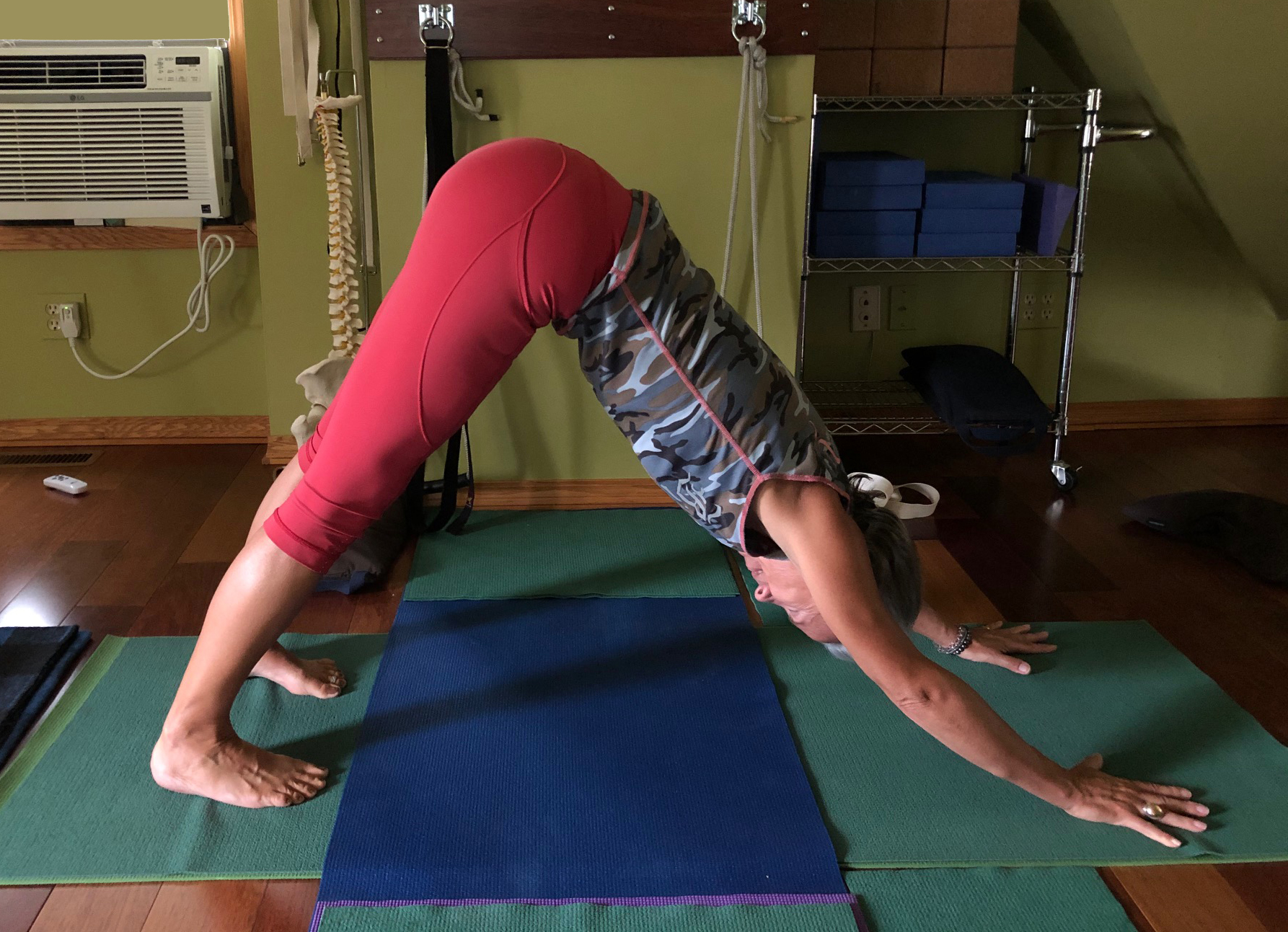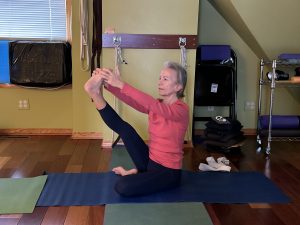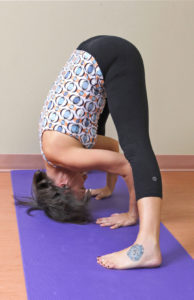by guest blogger, Chloe Pearson
Some days you wake up hollow. Nothing’s wrong, but everything feels just out of reach. That morning coffee doesn’t hit right, the mirror glares back too honestly, and the weight of the day ahead flattens your chest a little. But here’s the thing, they’re not just “blah” days. They’re signals, gentle ones, asking you to recalibrate. Because well-being isn’t something you stumble into. It’s built, brick by brick, through everyday choices.
Prioritize Mental Fitness
You exercise your body, maybe. But your mind? It’s the most overworked, under-nourished part of you. Carving out time for practices that enhance cognitive functions can shift everything; your focus sharpens, your memory stretches further, even your emotions settle. It’s not just crosswords and brain-training apps either; mental fitness can mean therapy, meditation, or just shutting your laptop by 9 p.m. The brain, like any muscle, thrives under care and routine. Neglect it, and fog sets in.
Build a Resilient Routine
Routine isn’t boring. It’s a safety net you weave for yourself, especially when the world’s tugging in all directions. Whether it’s a ten-minute stretch in the morning or evening tea without your phone, small rituals stabilize your days. According to research on strategies for improving emotional health, predictability helps regulate stress responses. It gives you something solid to stand on. You don’t need to overhaul your life—just stack a few calm moments into each day. Eventually, they start stacking you back.
Redefine Your Career Path
If your work drains you dry, it might be time to leave. That’s not dramatic, it’s necessary. Shifting careers in search of meaning isn’t a luxury anymore, it’s survival. Online degree programs make it easy to earn your degree while still working full-time or tending to work and family obligations. Whether you’re pursuing a bachelor’s in healthcare or a master of business administration, there’s an option that fits your ambition. Life is too long to stay stuck.
Cultivate Positive Relationships
Isolation wears you down in invisible ways. Even if you’re introverted, you need anchors: people who see you, check in, and remind you that you matter. Studies highlight the importance of positive relationships in boosting emotional health and even physical resilience. You don’t need dozens. Two or three ride-or-dies are more than enough. Call your cousin, join that book club, or just wave at your neighbor a little more often. Connection doesn’t demand grand gestures, just consistent ones.
Embrace Lifelong Learning
Being curious isn’t reserved for the young. In fact, learning something new at 47 might do more for your self-esteem than it ever did at 17. It’s not about credentials, necessarily; it’s about expansion, keeping your mind and perspective wide open. The benefits of lifelong learning range from sharper thinking to stronger resilience against cognitive decline. Take a language class, try digital painting, audit a history course online. Growth doesn’t age.
Practice Self-Compassion
Somewhere along the way, you decided that being hard on yourself was a virtue. You flinch at your reflection, hate your hesitations, berate your missteps. But what if that constant pressure is what’s slowing you down? Implement daily habits that promote happiness to show simple kindness toward yourself—literally saying, “I’m doing my best”—can shift your mood more effectively than chasing productivity. Start with how you talk to yourself when you make a mistake. That’s where healing often begins.
Turn to Yoga for Balance
You don’t have to be bendy or zen to begin. Yoga isn’t about poses on a beach, it’s about presence. It coaxes your muscles to lengthen and your thoughts to quiet, often at the same time. Studies show that finding health and harmony through yoga isn’t a spiritual gimmick—it’s a real, measurable outcome. Strength, clarity, better sleep, fewer headaches, a softer way of being in the world. All you need is a mat and ten undistracted minutes.
Practice Mindfulness for Mental Clarity
Silence is scarce. You’re scrolling through news while half-watching TV, all while waiting for dinner to finish reheating. But what if you simply sat? No phone, no noise, just you and your breath. That tiny pause, if done daily, can untangle some of the static clogging your brain. Mindfulness isn’t about enlightenment, it’s about finding a few clean minutes. Your body calms, your thinking clears, and your day stops feeling like it’s sprinting without you.
You don’t need to retreat to the woods or quit your job to feel better. Real change often hides in the tiniest tweaks—a stretch, a phone call, a breath. Try one shift today, not seven. See what moves inside you. And if something does, build from there. Because well-being doesn’t arrive in a package, it shows up in the seams.
Discover the transformative power of joy and personal growth with Right to Joy; explore books, insightful blog posts, and receive updates directly to your inbox! Namaste.





